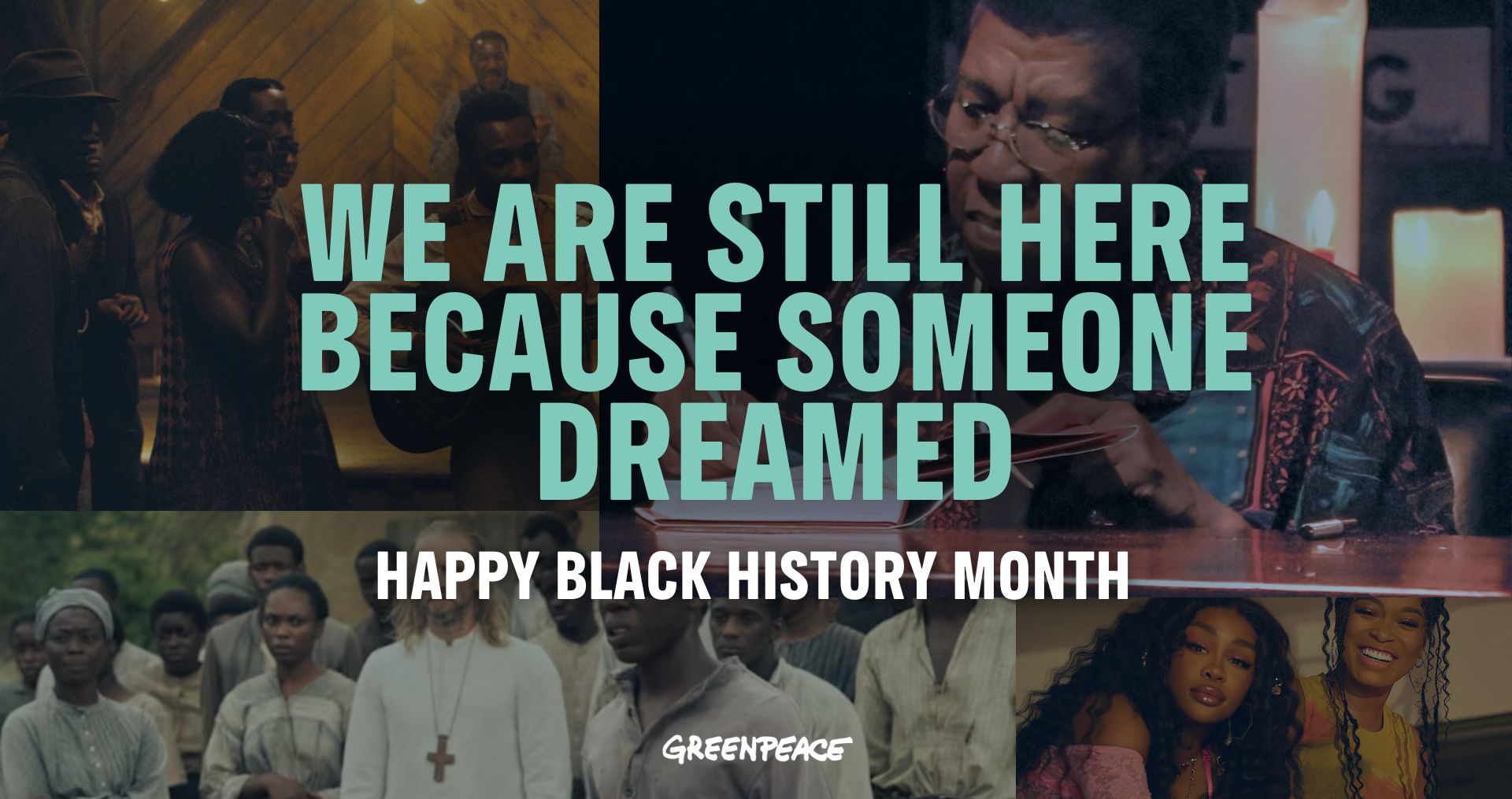Why Canada’s new Strong Borders Act mirrors U.S. immigration crackdowns, and what we can do about it
In recent weeks, immigration raids in Los Angeles have sparked widespread protests. People are taking to the streets to denounce mass deportations, ICE arrests, and the growing criminalization of migrants across the United States. The backlash is growing as state and federal governments push harsh new measures, including Texas’s controversial SB4 immigration law and proposals for nationwide deportation operations.
And now, Canada is moving in the same direction.
The newly elected government under Prime Minister Mark Carney has introduced Bill C-2, the Strong Borders Act, a sweeping piece of legislation that echoes the worst aspects of U.S. immigration policy. It expands border enforcement powers, weakens legal protections for migrants and refugees, and hands even more unchecked authority to the Canada Border Services Agency (CBSA). If you care about human rights, migrant justice, or Indigenous sovereignty, now is the time to pay attention.
Bill C-2, known as the Strong Borders Act, is a proposed omnibus bill aimed at overhauling Canada’s approach to border security and immigration enforcement. But behind the rhetoric of “protecting Canadians” lies a dangerous reality:
- Expanded CBSA powers with no independent oversight;
- Increased detention and deportation without due process;
- Reduced access to asylum for people fleeing war, poverty, or climate crisis;
- Enhanced information-sharing and cooperation with ICE and U.S. immigration enforcement.
Many of the provisions in Bill C-2 have been previously rejected by Parliament. Now, they’re being bundled into a single bill and fast-tracked under the guise of national security.
We’ve seen this playbook before, most clearly in Trump’s United States, where immigration raids, family separations, and ICE crackdowns have become increasingly normalized. In Los Angeles, protesters speaking out against recent raids have faced police violence, arrests, and threats of deportation, particularly those who are undocumented.
These attacks aren’t isolated. They are part of a broader, transnational strategy to criminalize movement and silence dissent. Bill C-2 fits right into that agenda. It frames migration as a threat, expands state surveillance tools, and treats people seeking safety as criminals. Just like in the U.S., Canada is using the language of “border security” to justify the erosion of civil liberties and the expansion of state control. The irony is hard to miss: Carney won this election promising to challenge Trump’s politics and offer a different path and yet his government is now echoing the very policies he once criticized.
The CBSA already has a disturbing track record. There have been:
And yet, Bill C-2 would give the agency even more power, while making it harder for people to challenge decisions, access legal support, or remain with their families. This is not about keeping communities safe. It’s about building walls around them.
We also can’t talk about border policy without acknowledging that Canada’s borders are colonial. They were imposed without the consent of Indigenous Nations, and they continue to divide Indigenous territories and violate inherent rights. From Haudenosaunee citizens asserting their right to cross the U.S.-Canada border, to Inuit families living on both sides of colonial lines in the Arctic, Indigenous Peoples have long resisted the idea that state borders can override their laws and relationships to the land. Bill C-2 deepens that harm. It reinforces a system where the settler state controls who belongs and who is excluded.
Rather than doubling down on enforcement and deportation, Canada should be:
- Regularizing status for all people living on these lands, because no one is illegal on stolen land;
- Creating safe and dignified pathways for migration rooted in care, not control;
- Investing in climate solutions that address the root causes of forced displacement, many of which are tied to colonial extraction and corporate greed;
- Respecting Indigenous laws, governance, and relationships to land beyond the settler framework of borders;
- Upholding the right to seek asylum as a basic human right, not a privilege controlled by political fear.
We need a system based on care, not control. On justice, not fear.
What You Can Do to Stop Bill C-2
📣 Tell Prime Minister Carney: Withdraw Bill C-2
Add your voice to the growing demand for justice-based immigration policy. Let the Prime Minister know we reject anti-migrant fear mongering and authoritarian control.
📬 2. Email your MP and key ministers
Use the tool created by Migrant Rights Network to send a message to your MP, the Minister of Public Safety, and the Minister of Justice.
🫱🏿🫲🏾 3. Support grassroots organizers
Support and amplify the work of organizations like the Canadian Council for Refugees, Migrant Workers Alliance for Change, Solidarity Across Borders, Action Dignity, Butterfly and Rainbow Railroad, who are challenging unjust policies and building power in communities most impacted.
🔍 4. Learn more and share
Read more from allies like the International Civil Liberties Monitoring Group, who are tracking the impact of Bill C-2 and similar laws. Share their updates and resources with your networks.
🎤 5. Start conversations
This blog is meant to be a tool. Use it. Host a teach-in, workplace lunch & learn, or online gathering to discuss the impacts of border violence and how we respond in solidarity.
We don’t need stronger borders, we need stronger communities. We don’t need more surveillance, we need solidarity. And we can’t claim to fight for a livable future while criminalizing people forced to move because of the very systems we refuse to change.
Borders won’t keep us safe. But care might.



